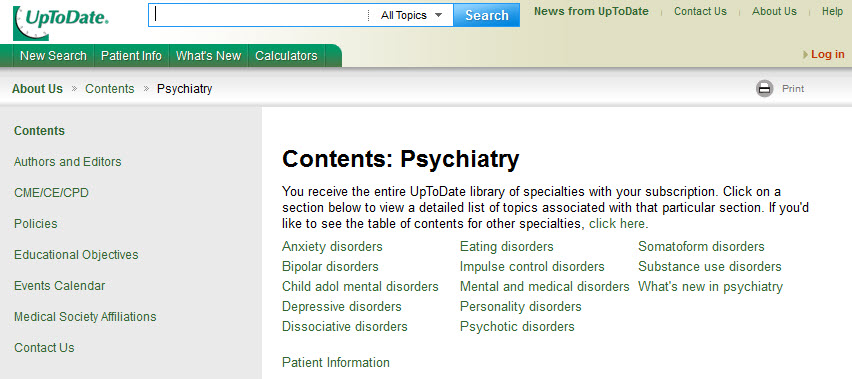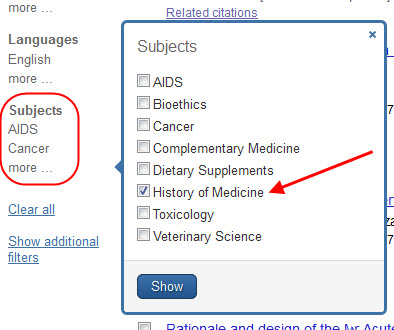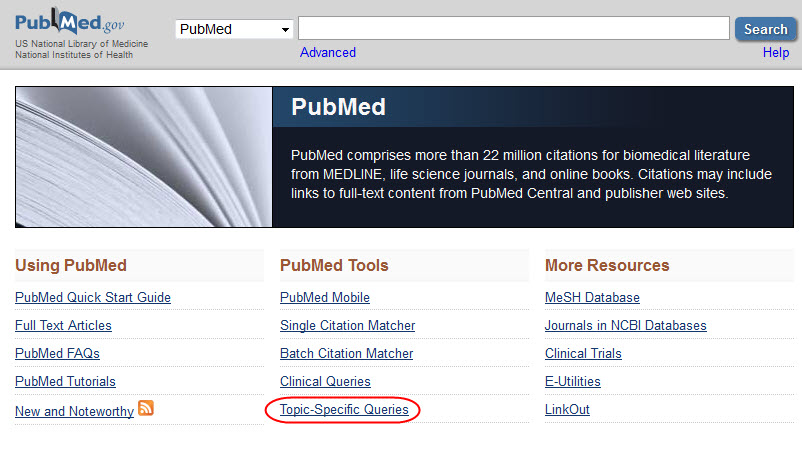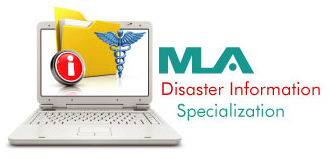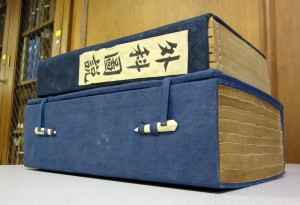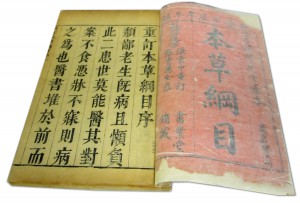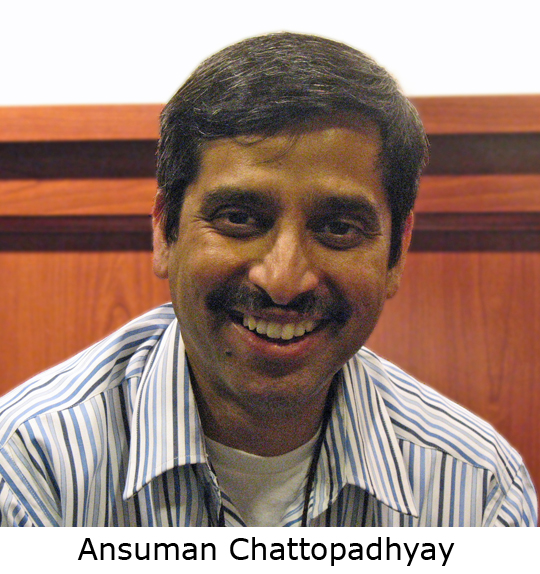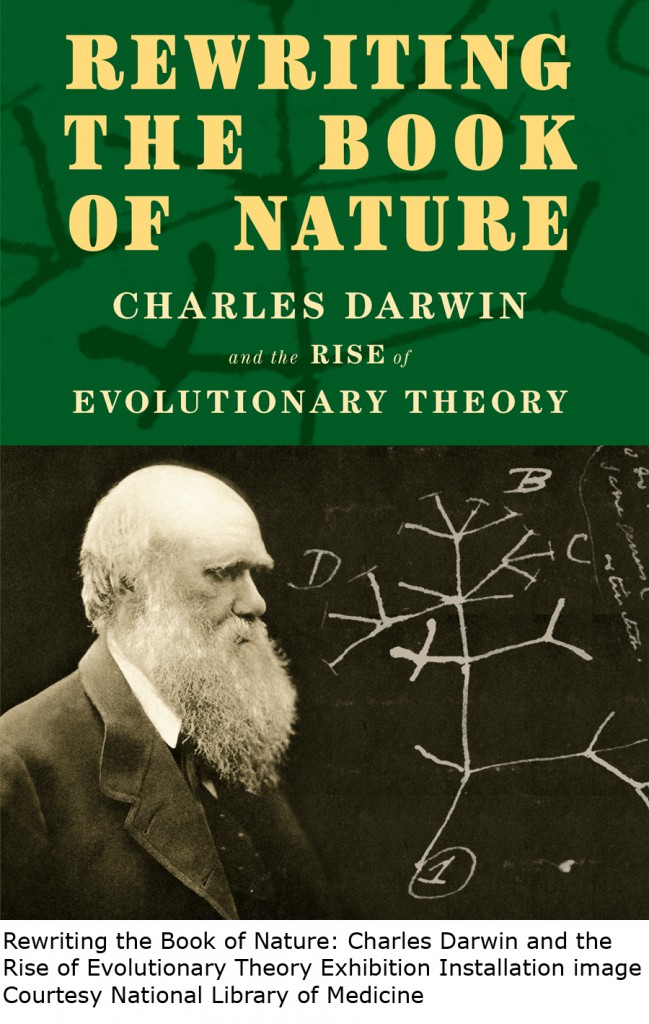HSLS offers classes on database searching, software applications such as Adobe Photoshop, bibliographic management, molecular biology and genetics, and library orientations. For more information, visit the online course descriptions.
Classes are held on the first floor of Falk Library (200 Scaife Hall) in Classroom 1 and Conference Room B, and on the upper floor of the library in Classroom 2. All classes are open to faculty, staff and students of the schools of the health sciences at the University of Pittsburgh. They are also open to UPMC residents and fellows.
No registration is required for any of these classes. Seating for classes is first-come, first-served, until the class is full. Classes marked with an asterisk (*) qualify for American Medical Association Category 2 continuing education credit.
Class schedules are subject to change. Please consult the online class calendar for the most current information.
Faculty, staff and students of the schools of the health sciences will need a valid Pitt ID or e-mail account to attend these classes. UPMC residents/fellows will need to show their UPMC IDs.
HSLS ORIENTATION
Introduction to HSLS Resources and Services at Falk Library
Offered upon request to groups or individuals. Call 412-648-8866.
SEARCHING DATABASES
Painless PubMed* (Falk Library Classroom 1)
| Monday, October 15 |
3:30-4:30 p.m. |
| Friday, October 26 |
1-2 p.m. |
| Thursday, November 1 |
noon-1 p.m. |
| Tuesday, November 6 |
4:30-5:30 p.m. |
| Monday, November 12 |
11 a.m.-noon |
| Thursday, November 29 |
3-4 p.m. |
| Wednesday, December 5 |
9-10 a.m. |
| Tuesday, December 11 |
3:30-4:30 p.m. |
Focus on Behavioral Medicine: Searching in PsycINFO* (Falk Library Classroom 1)
| Tuesday, December 4 |
10:30 a.m.-noon |
MOLECULAR BIOLOGY AND GENETICS RESOURCES
DNA Analysis Tools* (Falk Library Classroom 2)
| Wednesday, November 7 |
1-3 p.m. |
SNPS & Genetic Variation* (Falk Library Classroom 2)
| Wednesday, November 14 |
1-3 p.m. |
Cancer Informatics* (Falk Library Classroom 2)
| Wednesday, November 28 |
1-3 p.m. |
Pathway Analysis Tools 1* (Falk Library Classroom 2)
| Wednesday, December 5 |
1-3 p.m. |
Pathway Analysis Tools 2* (Falk Library Classroom 2)
| Wednesday, December 12 |
1-3 p.m. |
SOFTWARE TRAINING
EndNote Basics (Falk Library Classroom 2)
| Monday, November 12 |
11 a.m.-1 p.m. |
|
| Tuesday, December 4 |
2:30-4:30 p.m. |
|
Advanced PowerPoint for Presentations (Falk Library Classroom 2)
| Monday, November 5 |
noon-2 p.m. |
|
| Monday, December 3 |
12:30-2:30 p.m. |
|
The WOW Factor: PowerPoint for Posters (Falk Library Classroom 2)
| Tuesday, November 13 |
noon-2 p.m. |
CUSTOMIZED CLASSES
Customized classes can be developed for your department, course, or other group.
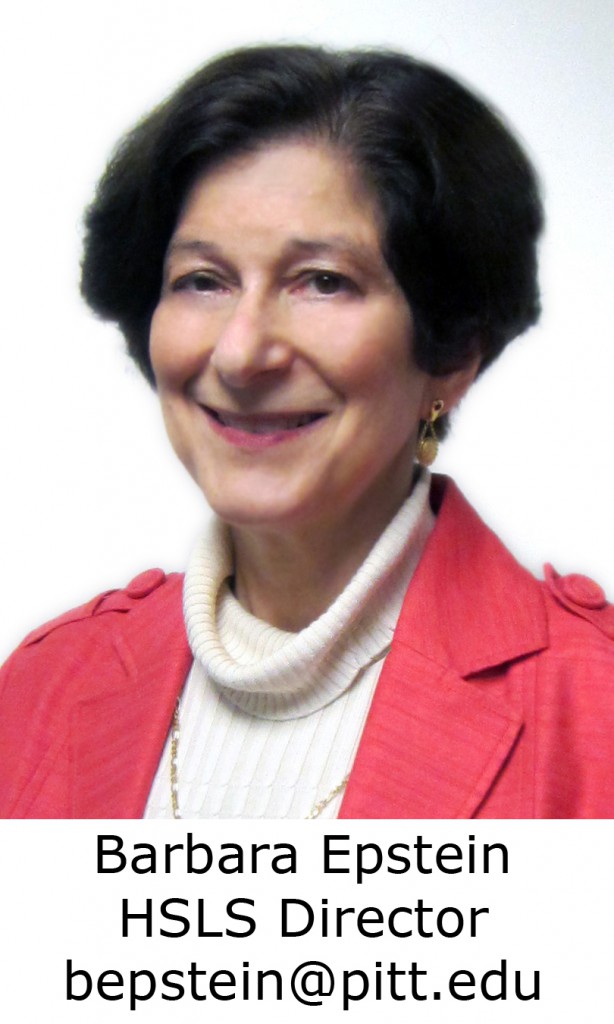 During the past months, we’ve been renovating Falk Library’s upper floor. There’s been a lot of dust and discomfort, as we’ve torn down walls, re-painted and re-carpeted. We appreciate your patience as our facilities have been updated to meet the needs of students and faculty in the 21st century.
During the past months, we’ve been renovating Falk Library’s upper floor. There’s been a lot of dust and discomfort, as we’ve torn down walls, re-painted and re-carpeted. We appreciate your patience as our facilities have been updated to meet the needs of students and faculty in the 21st century.
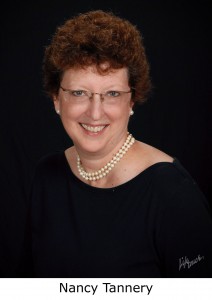 Nancy Tannery, HSLS senior associate director, was recently appointed to the National Library of Medicine’s Literature Selection Technical Review Committee (LSTRC) for a four year term. The purpose of this committee is to review journals for inclusion in MEDLINE, the world’s premier database of biomedical journal literature. The committee consists of approximately 14 members who meet three times a year. Only two members of the committee are librarians. Other members are selected based on their scientific expertise and experience.
Nancy Tannery, HSLS senior associate director, was recently appointed to the National Library of Medicine’s Literature Selection Technical Review Committee (LSTRC) for a four year term. The purpose of this committee is to review journals for inclusion in MEDLINE, the world’s premier database of biomedical journal literature. The committee consists of approximately 14 members who meet three times a year. Only two members of the committee are librarians. Other members are selected based on their scientific expertise and experience.